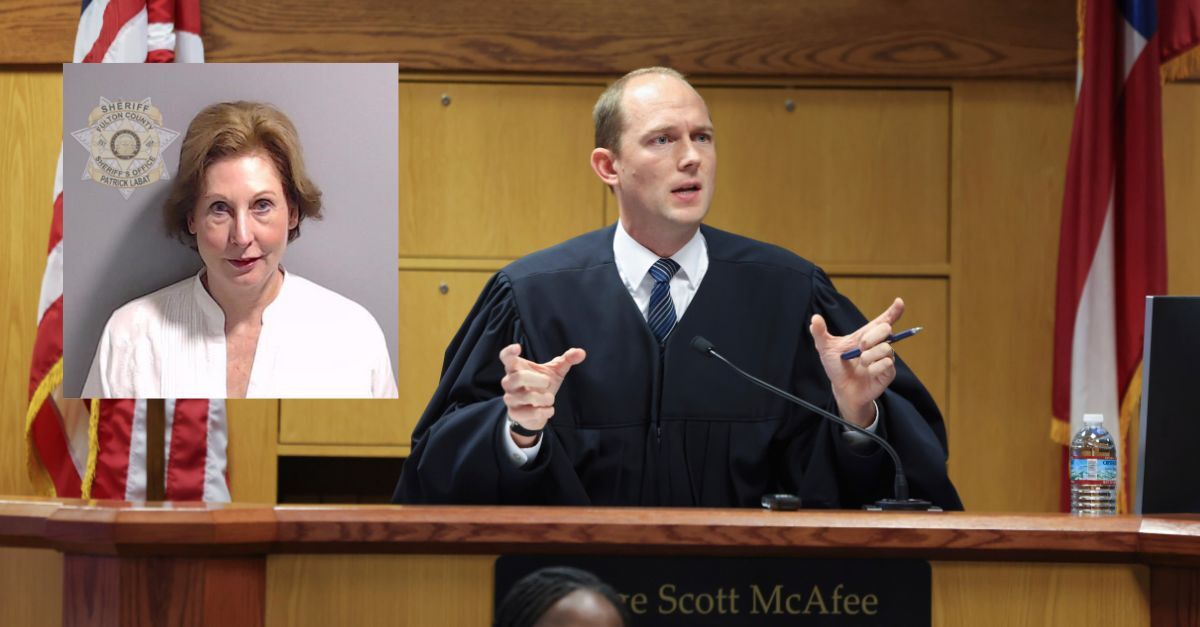The Georgia judge presiding over the 2020 election RICO case against former President Donald Trump and co-defendants who have yet to plead guilty has reversed himself on the issue of sealing the criminal case dockets of attorneys Sidney Powell, Ken Chesebro, and Jenna Ellis, and bail bondsman Scott Hall.
Fulton County Superior Court Judge Scott McAfee began his unsealing order by noting that Powell, Chesebro, Ellis, and Hall each invoked their first-time offender status under Georgia’s First Offender Act to immediately seal their dockets following guilty pleas to lesser charges that did not include a RICO offense.
Oh they pleaded guilty but continued to talk trash and spread misinformation on TV and interviews, here it is, read all things first hand.
I wonder if it has anything to do with Powell already flip flopping and telling conservative supporters that she was extorted into pleading guilty and this is just an easy way to throw the facts at her and then.
The article doesn’t make it sound that way. Sounds like the judge accepted the request to keep the docket sealed while the defendants made arguments that their personal privacy outweighed the public interest, and then either no arguments were made, or the judge was not convinced.
Yeah I read through it, but the judge also gave a verbal agreement initially to keep it sealed and then stated they changed their mind and will let the defendants re-subnit why they think it should be sealed. It’s hard to know what changed their mind, if anything did, however I think it’s valid to point out that Powell and the co-conspirators have been acting poorly since the trial.
deleted by creator
Filed on the 27th, and the article doesn’t say anything about it, but I bet there is some sort of appeal process that will take place before all the documents are released to the public.
Yeah they’re just having those named in the file go through and highlight their favorite parts with a black highlighter.
There’s probably a process once someone puts in a FOIA? So, maybe they’ll be ready soon.
what has jason leopold been doing?
In case anyone else had heard the term “docket” all their life but never really knew what it meant, I looked it up for us.
A docket is defined by the Administrative Office of the U.S. Courts as a “log containing the complete history of each case in the form of brief chronological entries summarizing the court proceedings.” Every case is assigned a unique docket number, which researchers can use to find information such as the names of the parties, dates of appearances before the court, and a brief summary of the claims or charges. A docket is also useful for identifying court filings—the underlying documents (pleadings, motions, briefs, etc.) filed in a case. Although dockets and court filings are not considered “case law” and do not have precedential value, the information contained in these resources can sometimes help researchers better understand why a court issued a particular decision or opinion.
The book needs to be thrown at them. A big heavy book.
Nothing cracks a turtle like Leon Uris.

Haha! Leon Uris was a good author too. But we need a BIGGER BOOK!
deleted by creator







